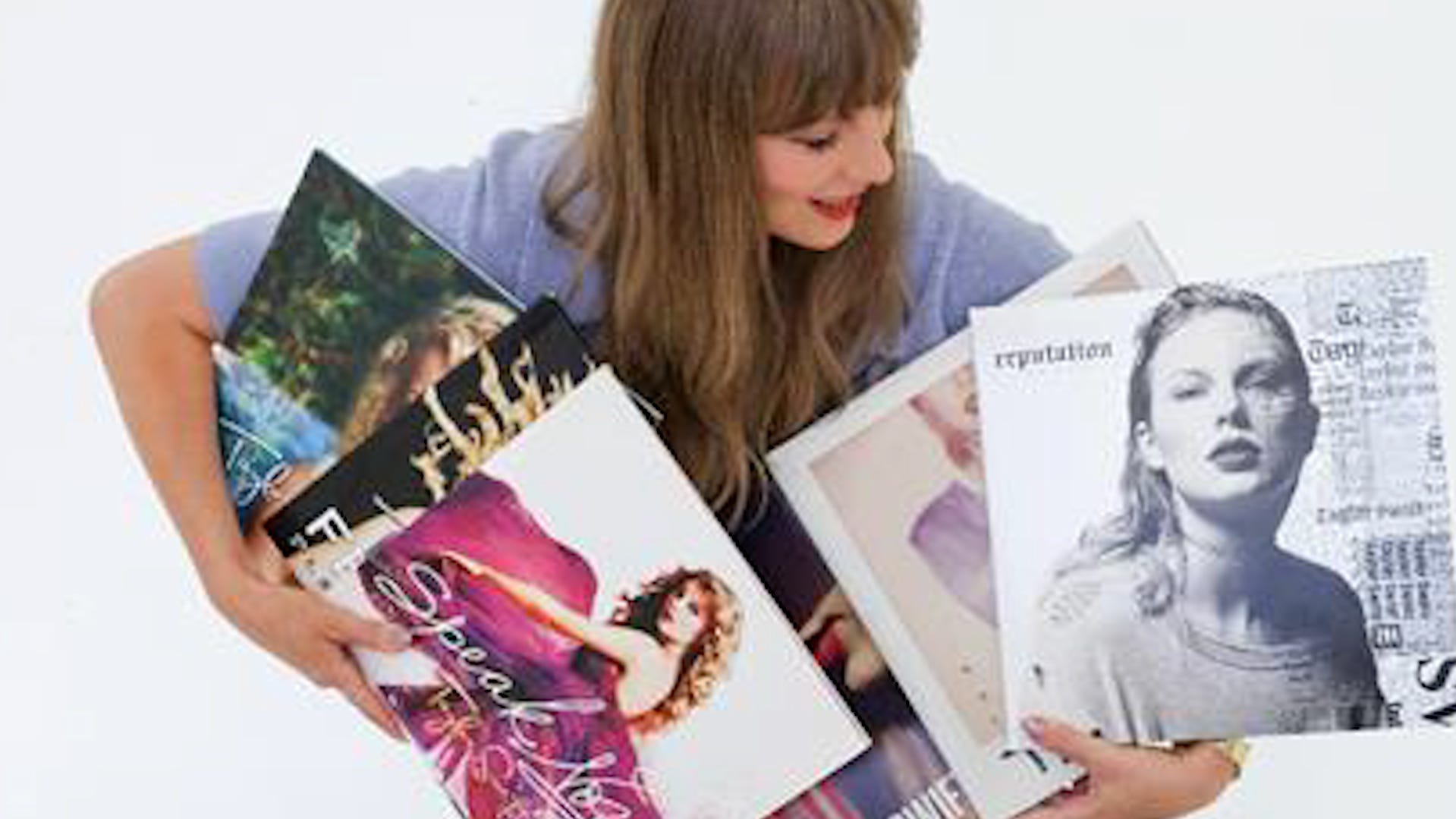Taylor Swift finally owns all her music. It shouldn't have been this hard. | Opinion
Music labels can either continue their exploitative practices that turn artists away, or they can lurch toward progress as artists fight back.

After years of seemingly endless battles, Taylor Swift has won the war. On May 30, Swift announced that she now owns the master recordings of her first six albums.
“All of the music I’ve ever made… now belongs… to me,” Swift wrote in a heartfelt letter to fans.
Swift’s fight for ownership began in June 2019, when her master recordings were shuffled from Big Machine Label Group to Scooter Braun’s Ithaca Holdings and later sold to Shamrock Capital in 2020, much to Swift’s displeasure. This inspired her to rerecord her earlier albums to regain some sense of ownership over what was rightfully hers, topping the charts and breaking streaming records in the process.
She began in 2021 with “Fearless (Taylor’s Version)” and "Red (Taylor’s Version).” In 2023, she released “Speak Now (Taylor’s Version)” and “1989 (Taylor’s Version),” each topping the Billboard 200 chart.
Though the principle of the rerecordings is admirable, the execution sometimes left a lot to be desired. Sometimes the youthful intensity and emotional context of the originals just couldn’t be replicated, especially in the latter two. The rerecord of her 2017 album “Reputation,” which fans have been clamoring for online, may have found the same fate given the fanfare surrounding the original.
Though Swift’s purchase of her masters from Shamrock may not cure the capitalistic and exploitative nature of the music industry ‒ labels even started including rerecording provisions in artists’ contracts to stop them from following Swift’s path ‒ it serves as a reminder that artists deserve compensation and ownership of the art they create.
The music industry has a long history of screwing over artists. At almost every avenue, artists are last to reap the benefits of their work.
Streaming platforms and labels take most of the revenue, leaving artists, especially smaller ones, with fractions of pennies per stream.
Touring has devolved into a battle to just break even for artists who aren’t megastars, with many artists canceling shows and tours altogether to avoid the financial risk. Matters worsen when considering how a certain company has monopolized the industry.
With the news of Taylor Swift’s masters purchase and the bounty of artists who have spoken out against the mistreatment they face, major labels stand at a crossroads: They can either continue their exploitative practices that turn artists away, or they can lurch toward progress as artists fight back.
Olivia Rodrigo made ownership of her masters a precondition of signing with Geffen Records in 2020. Zara Larsson bought back her catalog in 2022. Chappell Roan and Bad Bunny have attested to having some of the best deals in modern music.
Many artists still don’t own the rights to their work, which prevents them from fully receiving the deserved fruits of their labor.
“If you don’t own your masters, your master owns you,” Prince told Rolling Stone in 1996.
Artists deserve to be treated with dignity. It’s time for the music industry to catch up.
Kofi Mframa is a columnist and digital producer for Paste BN and the Paste BN Network. He's currently listening to the original version of "1989."